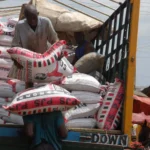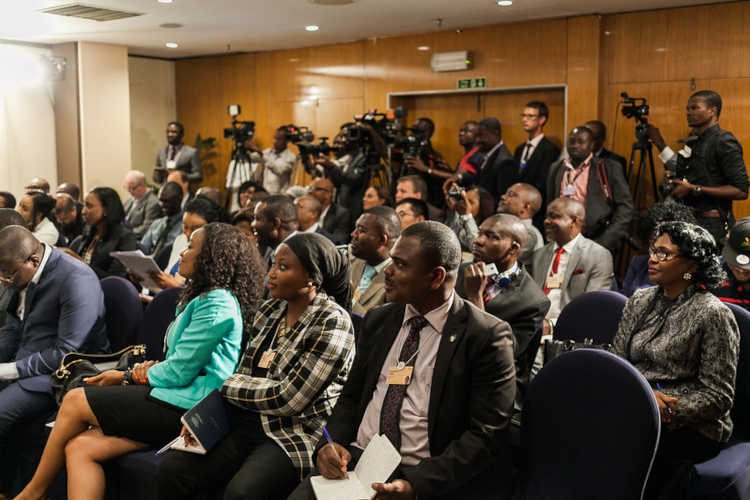As the world marks another Press Freedom Day, journalists in Nigeria still face intimidation and harassment.
Development Diaries reports that, according to Reporters Without Borders (RSF), Nigeria is one of West Africa’s most dangerous and difficult countries for journalists, as they are regularly monitored, attacked, and arbitrarily arrested, as was seen during the 2023 elections.
Data from RSF reveals that during last year’s elections, about 20 journalists and media outlets were attacked, with crimes against journalists still unpunished even when the offenders are identified or captured.
Another concern is that there are legal restrictions that give the Nigerian government the power to regulate the media. For example, the Nigerian Press Council Act 2004, and the National Broadcasting Commission Act are often used to restrict press freedom.
Furthermore, journalists in Nigeria often face physical violence, harassment, and intimidation, particularly when reporting on sensitive issues like corruption, human rights abuses, and political unrest.
A recent instance is the case of the editor of FirstNews, Segun Olatunji, who was picked up by at least ten armed men from his home in the Iyana Odo, Abule Egba area of Lagos in March 2024.
Also, the Nigerian government officials and institutions sometimes restrict access to information, despite the Freedom of Information Act, making it difficult for journalists to investigate and report on important issues.
The government needs to ensure the safety and security of journalists by investigating and prosecuting those who perpetrate violence or harassment against them.
Development Diaries calls on the Minister of Information and National Orientation, Mohammed Idris, to work towards creating an environment where journalists can operate freely, hold power to account, and serve the public interest effectively.
For the Nigeria Union of Journalists (NUJ), they need to implement mechanisms for their members to report threats, and sustain training on safety protocols to mitigate risks.
Photo source: World Economic Forum





